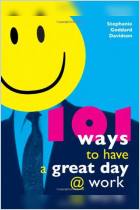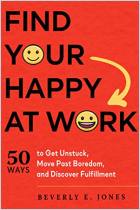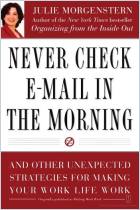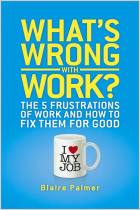
Book
Make the Most of Your Workday
Be More Productive, Engaged and Satisfied as You Conquer the Chaos at Work
We currently cannot offer you an audio version of this summary.
Recommendation
Human resource consultant Mary A. Camuto provides proven strategies and tools you can use to find more satisfaction in your work. She believes you should enjoy your job. She suggests creating a “workday profile” to help you understand your current situation and how you might modify it to suit you better. She offers clear metrics to diagnose what you like and don’t like about the tasks you do. She then details how to plan, begin and implement changes that lead to greater contentment at work.
Summary
About the Author
Mary A. Camuto founded MC Consulting, a firm that specializes in leadership, organizational development, training design, group facilitation, managing chaos and effective communication.

















Comment on this summary